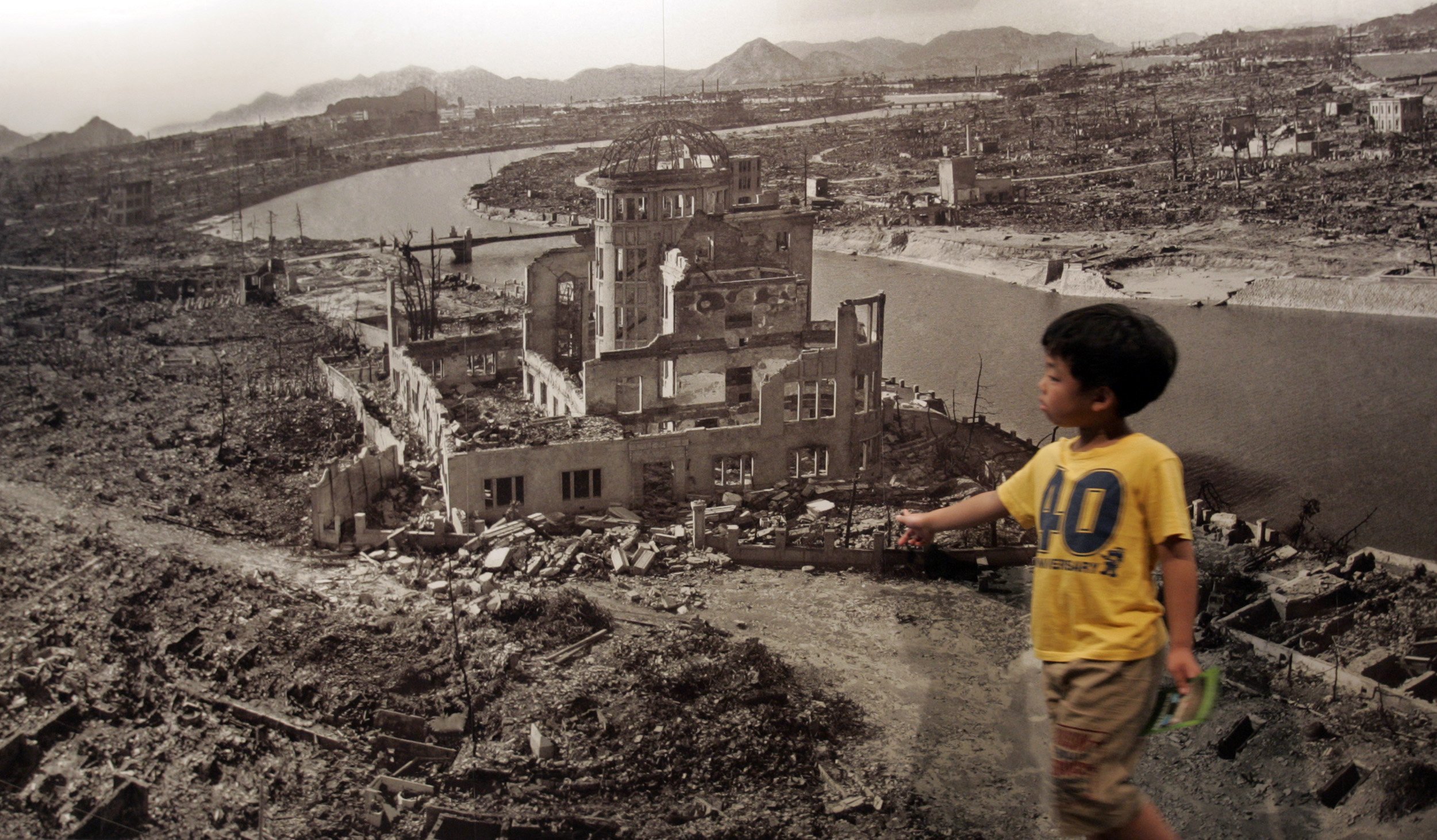


However many died, the victims were overwhelming civilians, primarily the old, the young, and women and all the belligerents formally took the position that the killing of civilians violated both the laws of war and common precepts of humanity. The exact number of dead can never be known, because whole families-indeed, whole districts-were wiped out by the bombs because the war had created a floating population of refugees throughout Japan because certain categories of victims, such as conscript workers from Korea, were excluded from estimates by Japanese authorities and because as time went by, it became harder to know which deaths had indeed been caused by the bombs. Numerous attempts have been made to estimate the death toll, counting not only those who died on the first day and over the following week or two but also the thousands who died later of cancers thought to have been caused by radiation. What more could one ask from an act of war? But the two bombs each killed at least 50,000 people and perhaps as many as 100,000. The atomic bombs that destroyed the cities of Hiroshima and Nagasaki fifty years ago were followed in a matter of days by the complete surrender of the Japanese empire and military forces, with only the barest fig leaf of a condition-an American promise not to molest the Emperor. I imagine that the persistence of that question irritated Harry Truman above all other things.


 0 kommentar(er)
0 kommentar(er)
